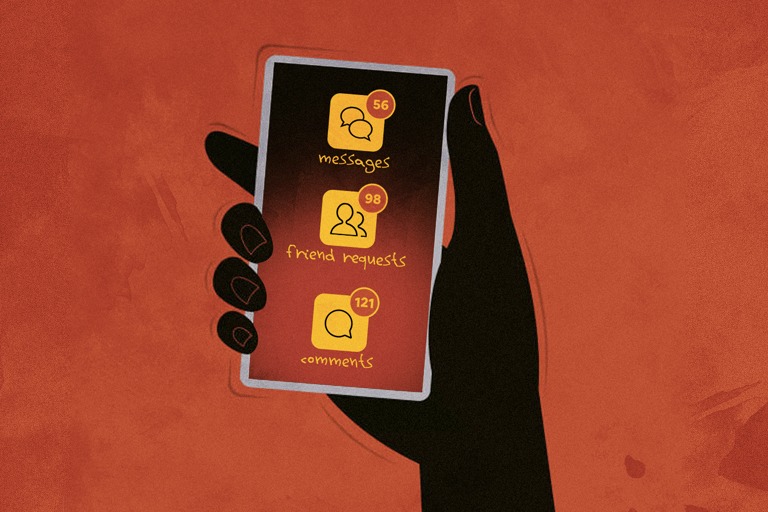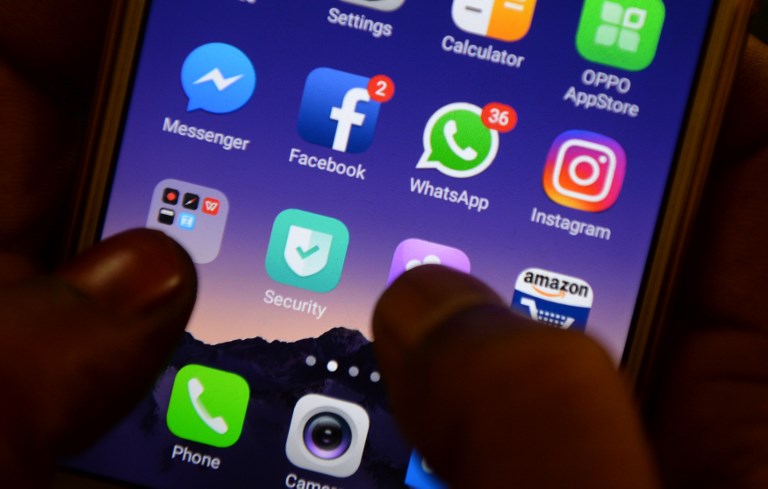KARACHI: Cyber harassment in Pakistan, and the world in general, remains a big concern. With COVID-19 forcing the world to switch to online forums, the severity or frequency of cyber harassment might even be on a rise. Yet, cases of cyber harassment tend to go unreported due to their sensitive nature and the fear that it can induce in the victim, or simply not knowing how or where to report the crime. However, it is essential to report cyber harassment, and know when you are being made a victim to it.
We have tried to break down some of the questions that one may have while reporting cyber harassment in Pakistan.
What is cyber harassment?
Cyber harassment is a form of harassment carried out using digital devices, and is facilitated through the internet. It can take the form of cyber stalking which is described by the Federal Investigation Agency (FIA) as ‘using the Internet to threaten or make unwanted advances towards someone else. This sort of harassment can cause physical, emotional, and psychological damage to the victim.’ If you have someone constantly flooding your Facebook or Instagram messages without you wanting to hear from them, you are probably a victim of cyber stalking. However, there needs to be a clear indication of disinterest while reporting such cases. Spying and monitoring also come under cyber stalking. The law covers cyber stalking under Section 21 of the Prevention of Electronic Crimes Act, 2016.
UNICEF describes cyber bullying as ‘bullying with the use of digital technologies. It can take place on social media, messaging platforms, gaming platforms and mobile phones. It is repeated behaviour, aimed at scaring, angering or shaming those who are targeted. Examples include spreading lies about or posting embarrassing photos of someone on social media, sending hurtful messages or threats via messaging platforms, impersonating someone and sending mean messages to others on their behalf.’
Lawyer Nighat Dad explained a third category, blackmail. “It can often take the form of revenge porn, a crime committed by a former partner or someone the victim personally knows. It constitutes non-consensual use of images, or threatening to leak private pictures that might have been shared by the victim during the relationship. However, when a person shares intimate pictures with their partner, their consent does not go beyond that particular person nor does the consent exist once the relationship is broken off.”
Dad categorized hate speech as cyber harassment or nafrat angez mawad in local terms. These can be directed towards a religious, ethnic, or sexual minority, and can take place on a private or public forum.
Where can a complaint be registered?
Complaints can be registered by the victim or by a third party. National Response Centre for Cyber Crime (NR3C) by FIA has an online complaints registration form which should be filled out with as many details as possible. Complaints can also be registered at FIA’s cyber crime wings situated in 15 localities including Islamabad, Lahore, Karachi, Peshawar, Quetta, Gwadar, Abbottabad, Gujranwala, and Dera Ismail Khan. FIA also has a 24/7 cyber crime helpline, 9911. The Hamara Internet app by Digital Rights Foundation can also be used to file a complaint about online harassment.
What material does the FIA require?
If registering a complaint in person, pick the wing that is located closest to you. Take your CNIC, statement of facts (which is a basic narration of events as they happened) and evidence (printouts of messages, screenshots etc). The same details should be uploaded on the online portal as well. If you are reporting on behalf of a minor or an immediate family member, you do not need to disclose your identity on the online form.
How can a complaint be tracked?
When visiting a cyber crime wing, a helpdesk officer will give you a reference number which you should use to track your case. In the case of online complaints, an officer will contact you and provide you with the reference number over the phone.
How much does it cost?
Reporting cyber harassment is cost-free. “Filing a complaint with the FIA is like filing a complaint with the police. It is their job to register your complaints. A victim is not obliged to pay anyone any money,” explained Dad.
How long does it take for a complaint to be resolved?
While there is no fixed timeline that the FIA follows, the duration depends on the nature of the case. Complaints registered under Section 19 which may involve sexual content, harm the modesty of a person or a minor, and require immediate action, can be resolved within two weeks, given that all evidence is provided correctly. Other cases may take up to two to three months to be resolved.
Complaints regarding a case of defamation can take longer since requests are sent to Facebook or Instagram to verify the information provided.
More details can be found on the NR3C wesbite.

 Artwork: Aamir Khan
Artwork: Aamir Khan











